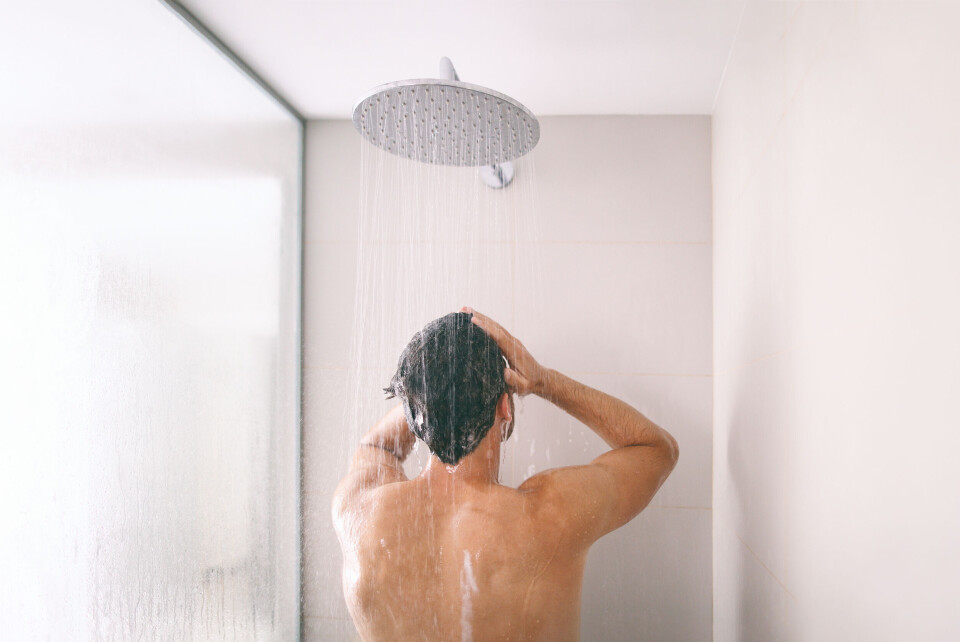-
Why now is good time to stock up on hygiene products in France
Discounts of up to 80% are available at supermarkets including Carrefour, E.Leclerc, and Auchan
-
Britons in France among those fearing struggle to get UK vote rights
That is a key finding of a recent survey of 7,000 Britons abroad and comes as the UK plans to open voter registration for those living out of the country
-
Senators back ending 2-for-1 deal on toiletries in French supermarkets
New law would limit discounts on hygiene products and washing powder to 34% in line with promotions on food items
Report: Are people in France really the stinkiest in Europe?
A new study addresses France’s less-than-stellar reputation when it comes to washing and changing underwear – but things have improved since lockdown

Despite a somewhat patchy reputation, people in France have been revealed not to be the dirtiest of their European neighbours, a new report on hygiene has found.
Washing
An Ifop survey* found that 76% of people in France wash completely “at least once a day”, versus just 53% who said the same in Italy.
François Kraus at Ifop said: “We can see that it’s not the French who wash the least daily, but rather their neighbours across the Alps. Although Italy also has a ‘bidet’ culture, over there, they’re more likely to wash only partially.”
Changing underwear
However, when it comes to underwear, a slightly different picture emerges.
While 82% of people in Spain said they change their underwear every day, 77% said the same in Italy and Germany, and 75% said they did in the UK, versus 73% in France.
However, this is worse among men, with 20% of men in France saying they only change their underwear twice a week. In comparison, 93% of women in France change daily (in line with the European average).
There is also a generational difference, with younger people tending to be cleaner.
As many as 39% of all European men surveyed admitted they did not change their underwear every day, almost twice as many as those aged 25 and under (just 20% said this).
Lockdown effect
And while personal hygiene appeared to take a dip during the Covid lockdowns, people in France have improved on that score, the report said.
Mr Kraus said: “We know that hygiene is closely linked to your degree of sociability, in the wider sense. Being seen by others, and physical contact, will lead you to take better care of yourself.”
The lockdown periods appeared to have caused a lowering of hygiene standards, studies from the time suggest.
In April 2020 (one month into lockdown), only 61% of men said they were washing every day, compared to 71% just a month earlier. Women also said they were washing less, with those saying they washed daily dropping by seven percentage points over the same two months.
In fact, another Ifop study from February 2020 even predicted that France’s “lack of hygiene” would put people at higher risk of Covid-19.
It found that a quarter of French people do not wash their hands after going to the toilet, and less than half (49%) wash their hands before eating.
Read more: French lack of hygiene puts public at risk of Covid-19
At the time, Mr Kraus said: “In the context of coronavirus, the application of basic hygiene rules, such as washing hands, is no longer a duty just to yourself, but also towards others.
“In general, we are seeing a gap in the French population’s cleanliness standards. The French population is probably more at risk of viral, seasonal infections. Improving our bodily hygiene is a real public health issue.”
For context, he added that “[France] was classed 50th out of 63 countries when it comes to hygiene, in a study published in 2015”.
*The survey by Ifop for XloveCam was done by online questionnaire from June 21-27 2022, based on a representative sample of 5,039 people aged 18+ across Italy, Spain, France, Germany, and the UK.
























